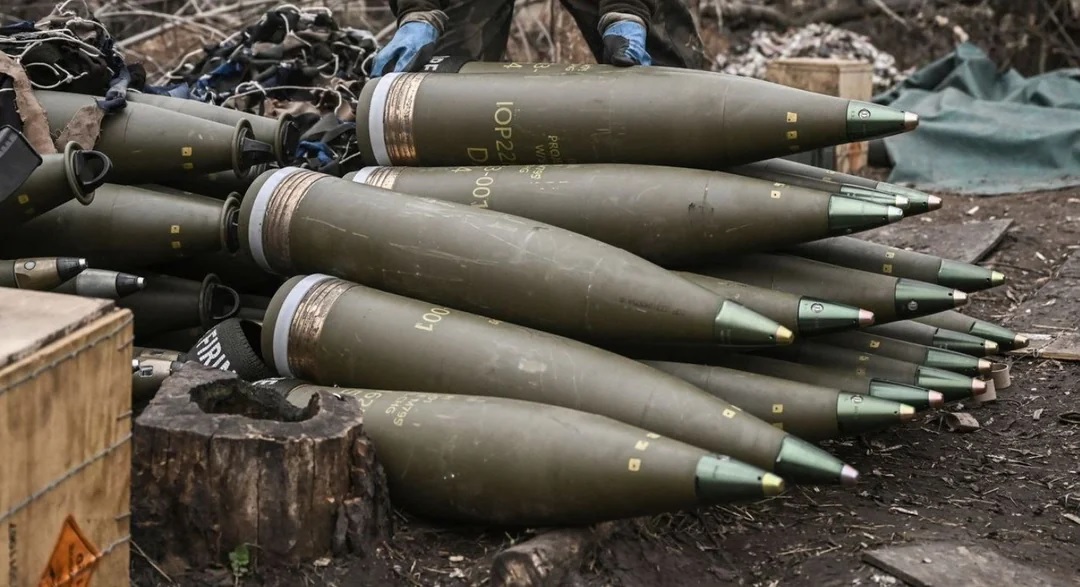Why India Should Consider Arms Sales to Russia in Response to Western "Hypocrisy" on Khalistani Extremism

India's foreign policy has always walked a fine line between maintaining good relations with global powers while preserving its strategic autonomy. However, recent diplomatic tensions with the United States and Canada have sparked new debates about whether India should reconsider its defense exports policy. Specifically, the inaction by both countries on the issue of Khalistani extremism has triggered discussions about whether India should strengthen its ties with Russia, a trusted defense partner, by supplying arms directly—a move that would not only boost India’s geopolitical leverage but also send a strong message to the West.
The Growing Frustration with the West
India has long been concerned about the growing influence of Khalistani separatist groups in Canada and the U.S., groups that advocate for an independent Sikh state. Despite New Delhi's repeated attempts to address this issue through diplomatic channels, there has been little concrete action from either government. Canadian Prime Minister Justin Trudeau, in particular, has been criticized for what many in India see as an "anti-India" stance, especially given his perceived failure to curb the activities of Khalistani extremists.
The inaction by both the U.S. and Canada, combined with the perception of Western "hypocrisy" in dealing with separatist movements, has significantly strained India’s relationship with these countries. Many Indian officials believe that both nations have prioritized political gain over the legitimate national security concerns of India. The tolerance of these separatist groups has been seen as an affront to India's sovereignty, leading to increasing frustration in New Delhi.
Russia: A Reliable Partner in India's Defense Industry
Russia has been a critical defense partner for India since the Cold War. Over the years, India has developed significant indigenous capabilities to manufacture Russian-designed weaponry, including Su-30MKI fighter jets and T-90 tanks. Despite this, India has largely avoided directly supplying arms to Russia in order to maintain its neutral, non-aligned stance in global conflicts. However, the current geopolitical climate is pushing Indian policymakers to reconsider this position.
One recent development that has captured attention is the revelation that some Indian-made equipment has reportedly made its way to Ukrainian forces through European intermediaries during the ongoing conflict between Russia and Ukraine. While India has officially maintained a neutral stance, this incident highlights the complexities of the global arms trade and raises the question: why shouldn’t India directly supply arms to Russia, especially when it continues to face diplomatic challenges from the West?
The Case for Arms Sales to Russia
Russia has stood by India in times of need, from supporting India in international forums to providing critical defense supplies when other countries hesitated. Given this, selling arms to Russia could serve as a strategic move, reinforcing the partnership while also signaling to the West that India will not tolerate disregard for its national security concerns.
Furthermore, such a decision could offer India greater leverage on the global stage, especially as it navigates a world where geopolitical alliances are constantly shifting. By strengthening ties with Russia, India could assert its independence and remind the U.S. and Canada that their inaction on Khalistani extremism comes with consequences.
The Risks of Such a Move
However, supplying arms to Russia is not without risks. The U.S. and Canada are important trade and diplomatic partners for India, and any significant shift toward Russia could result in backlash from the West. This could potentially lead to sanctions or diplomatic isolation, complicating India’s efforts to maintain a balanced foreign policy.
Additionally, aligning too closely with Russia could undermine India's relationships with other key partners, particularly in Europe, where countries are increasingly wary of Russia's actions. It could also impact India's participation in Western-led initiatives, including access to advanced military technologies and economic partnerships that are critical for India’s long-term strategic goals.
A Delicate Balancing Act
India now faces a challenging decision as it seeks to balance its relationships with Russia and the West. On one hand, maintaining ties with Russia through defense cooperation could reinforce India’s strategic autonomy and send a clear message to the U.S. and Canada about the consequences of ignoring India’s security concerns. On the other hand, such a move risks further alienating Western allies at a time when global alliances are becoming increasingly complex.
While the Khalistani issue has fueled tensions between India and the West, it has also created an opportunity for India to rethink its defense exports policy. If the West continues to ignore India's concerns, direct arms sales to Russia may emerge as a viable option for India to assert its global standing and protect its national interests.
In the end, the question of whether India should sell arms to Russia in retaliation for the U.S. and Canada's perceived "hypocrisy" on Khalistani extremism is more than just a policy debate. It is a reflection of India’s evolving role on the global stage and its determination to protect its sovereignty, even in the face of challenging geopolitical realities.


